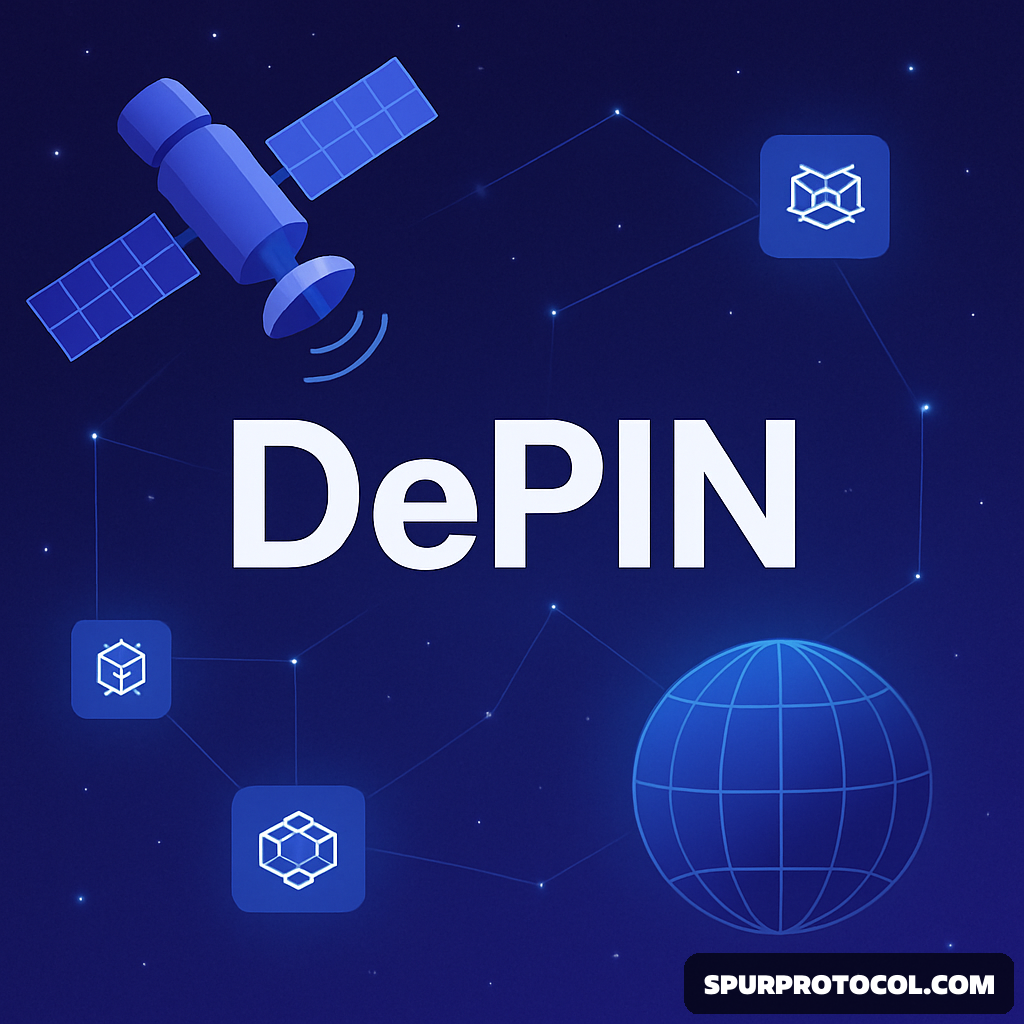DePIN Decentralized Physical Infrastructure Network
DePIN (Decentralized Physical Infrastructure Networks) is a concept in crypto that uses blockchain technology to create distributed and community-owned physical infrastructure like internet access, energy grids, and data storage. Instead of relying on centralized providers, DePINs empower individuals to contribute resources and earn rewards, fostering a more accessible and resilient system.
Go Back

🕒 10:18 PM
📅 Jun 08, 2025
✍️ By primeobi
DePIN: Powering the Real World with Web3
In the rapidly evolving landscape of blockchain and decentralized technology, DePIN—short for Decentralized Physical Infrastructure Networks—has emerged as one of the most promising use cases blending the digital and physical worlds.
DePIN refers to blockchain-based networks that incentivize individuals and communities to build, operate, and maintain real-world infrastructure in a decentralized way. Unlike traditional infrastructure, which relies on centralized corporations or governments, DePIN allows anyone to contribute hardware resources and get rewarded through crypto-economic models.
Real-World Applications
DePIN projects span a variety of sectors, including:
Telecommunications: Projects like Helium let users deploy wireless hotspots and earn tokens by providing network coverage.
Energy: Decentralized solar grids and battery networks reward participants for producing and sharing clean energy.
Storage & Compute: Filecoin and Render Network distribute data storage and processing tasks across independent nodes.
Mobility & IoT: Networks such as DIMO connect vehicles and sensors to gather and monetize real-time data.
Why It Matters
DePIN represents a fundamental shift in how infrastructure is financed, built, and governed. By leveraging tokens and smart contracts, these networks can grow faster, reach underserved areas, and reduce dependence on centralized entities. This democratization lowers barriers for participation and can lead to more resilient and community-driven ecosystems.
Challenges Ahead
While the vision is compelling, DePIN projects face hurdles like regulatory uncertainty, scalability, hardware maintenance, and user onboarding. However, as infrastructure tokenomics mature and awareness grows, DePIN is poised to redefine how the physical world connects to the decentralized web.
